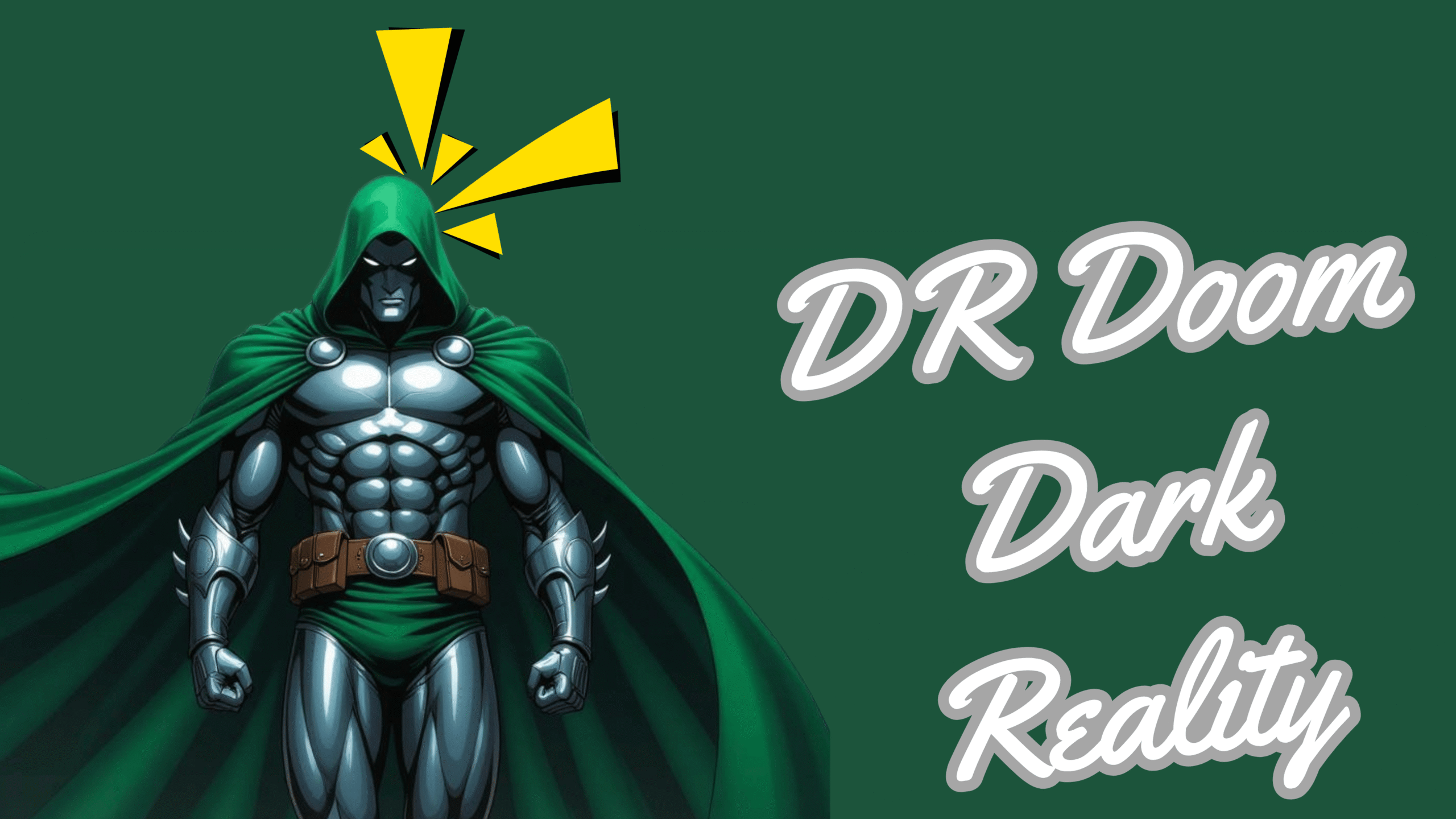Astrid had blonde hair and blue eyes in the original animated How to Train Your Dragon movie.
Nico Parker has flawlessly shut down the racist complaints to her being cast as Astrid in How to Train Your Dragon.
As soon as DreamWorks first announced that they were creating a live-action movie adaptation of How to Train Your Dragon, fans were desperate to see who would be cast as Hiccup and Astrid. And, now that the film is out, people can’t stop praising Mason Thames and Nico Parker for how well they bring both Hiccup and Astrid to life.
However, in spite of the critical acclaim, Nico has been subject to racist trolling over being cast as Astrid. Astrid had blonde hair and blue eyes in the original film and people have complained that a mixed race actress is playing her.
Now, Nico has addressed the racist backlash surrounding her casting and opened up about how it’s affected her

Watch the How to Train Your Dragon trailer
Speaking with The Times, Nico said: “There’s some people that really love the animated movies and really want to see an exact play-by-play of that film, and I hope t
hat you can watch [the new version] and find something that you love about it, regardless.”
However, Nico then called out people commenting on her race. She said: “But for the people that just hate inclusivity, hate change — when it comes to that side of things, I just don’t care.”
Nico added: “If I wouldn’t value your opinion on most things in life, I can’t value your opinion on my hair. If I did, I would go mad.”

Nico also discussed what it being cast in the film means to her personally. She said: “When I was younger, the amount of mixed race or Black icons, people that I would look to on screen to be like, ‘Oh, this feels like me,’ felt really minimal in comparison to what it could be for young people now, and I think that’s really special.”
She then ended the interview by saying: “There’s still a long way to go — for women in general, in terms of new parts, original material and female-led stories. But I think that everything’s changing. I’d like to think that I could contribute to that change at some point.”







Leave a Reply